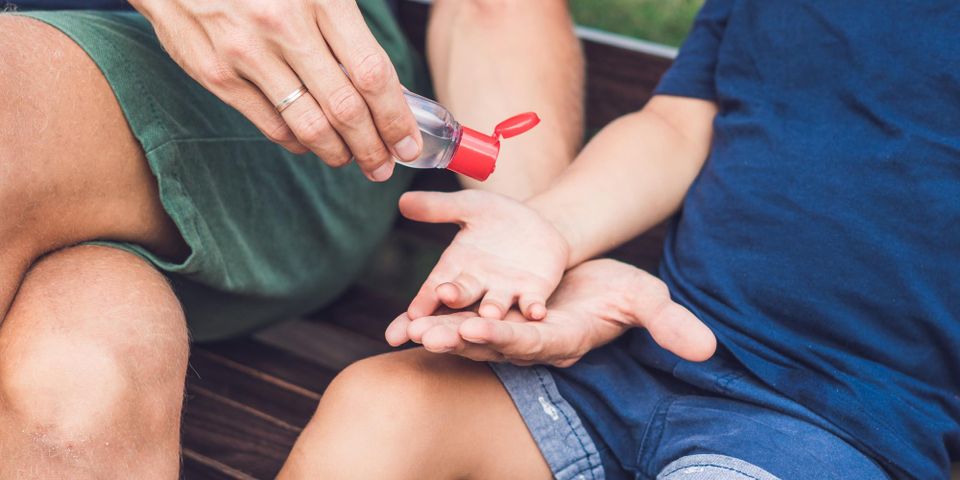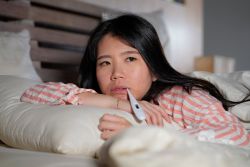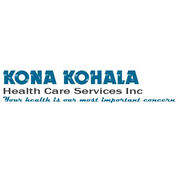
At the end of 2019, a new form of the coronavirus was detected in Wuhan, China. This novel disease, now referred to as COVID-19, has not previously been seen in humans but is now known to be spreading from person-to-person. Unfortunately, the rate of infection and the use of quarantine has led to a lot of misinformation being spread about the illness. Use this guide to learn more about COVID-19 and how to protect yourself.
What People Want to Know About the Coronavirus
What is the coronavirus?
In general, coronaviruses are a large family of viruses. Some might cause illness in people, while others only affect animals. This particular version causes Severe Acute Respiratory Syndrome (SARS) and is believed to be related to SARS-CoV, which caused an outbreak of respiratory illness between 2002 and 2003.
Who is most at risk?
Those who have been in close contact—within six feet—with an infected individual are most at risk. The illness can spread via respiratory droplets when an infected person coughs or sneezes, similar to how influenza and other respiratory pathogens spread.
Those at greatest risk live in the same household as an infected individual, have traveled near an infected individual, or have traveled from Hubei Province, China.
What are the symptoms?
 Patients who have been confirmed to have COVID-19 have had a range of mild to severe respiratory illness. Symptoms will often appear two to 14 days after exposure to the disease and will generally include fever, cough, and shortness of breath.
Patients who have been confirmed to have COVID-19 have had a range of mild to severe respiratory illness. Symptoms will often appear two to 14 days after exposure to the disease and will generally include fever, cough, and shortness of breath.
If you develop symptoms, stay away from others in your household, and call your healthcare provider to tell them you may be infected.
How can I avoid infection?
There is currently no vaccine for the coronavirus, but you can take steps to avoid exposure. Try to steer clear of anyone who is sick, and stay home if you feel unwell.
Don’t touch your eyes, nose, and mouth. Cover your mouth with a tissue when sneezing or coughing, and immediately throw it away before washing your hands for at least 20 seconds with soap and water.
Also, each day, take the time to clean and disinfect all household surfaces and objects that are touched regularly.
If you suspect you might be showing symptoms of the coronavirus, contact Kona-Kohala Health Care Services in Kailua-Kona, HI, about what measures you need to take next. This health clinic provides everything from preventative care to the treatment of acute ailments. Doctors Donald Nikaitani and Richard Pekala have years of experience providing medical care to residents on the Big Island. Visit their website to learn more about their specialties and services offered. Schedule an appointment today by calling (808) 329-1346.
About the Business
Have a question? Ask the experts!
Send your question

